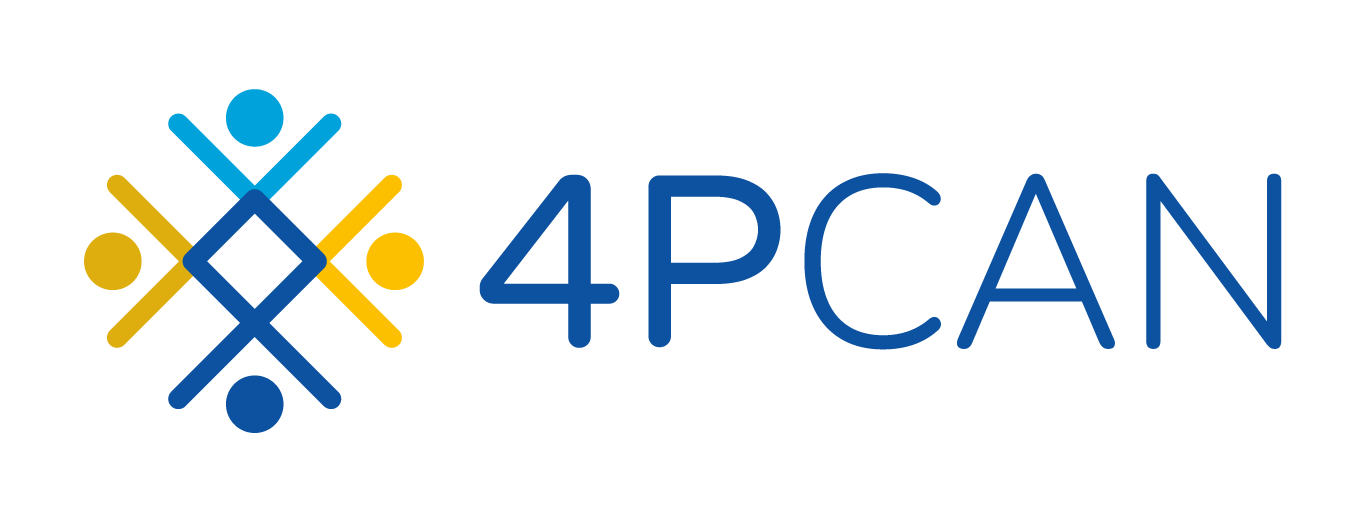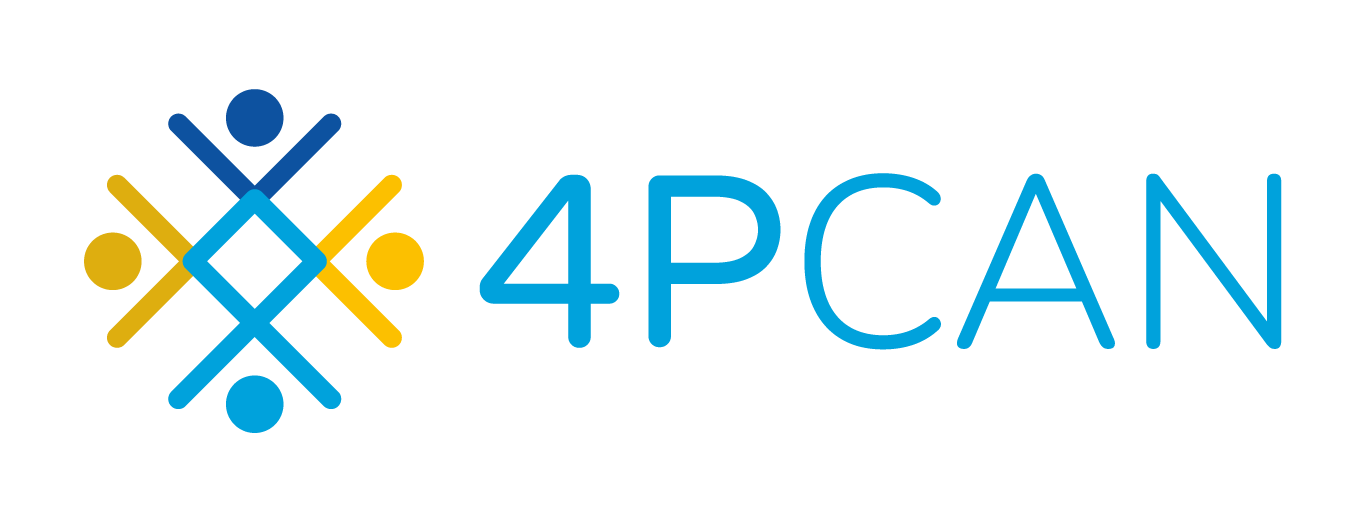Showcasing examples of national dissemination in Europe
Cancer remains a considerable public health challenge globally, and Europe is no exception. Against the backdrop of the increasing burden of cancer, the European Code Against Cancer (ECAC) has stood out as a comprehensive tool that informs people about actions they can take to reduce their cancer risk.
An initiative of the European Commission, the scientific basis for the ECAC is provided by the International Agency for Research on Cancer (WHO/IARC), distinguishing the ECAC as a major reliable source of information on cancer prevention. For more than 35 years the ECAC has been promoted actively by a range of stakeholders in countries across Europe. Both Non-Governmental Organizations (NGOs) and public administrations have developed many methods by which to disseminate the messages of the ECAC.
For example, in Romania nationwide promotion of the ECAC has been a feature of health promotion activities with widespread dissemination of posters and leaflets in schools and prominent public places, such as bus shelters, during key commemorative dates ranging from World Cancer Day (4th February) to the European Week Against Cancer (25-31 May). The ECAC has also been introduced in the National Health Promotion Plan and has contributed to the development of a National Cancer Control Plan, demonstrating the potential of the ECAC to help shape national programmes.
Elsewhere in Central and Eastern Europe, the most recent available data of the awareness of the ECAC reported that Hungary and Poland had the highest recognition of the ECAC in the general public, with almost 1 in 4 survey respondents stating that they knew of the ECAC (See here). Similar to Romania, NGOs and public bodies in both Hungary and Poland have actively disseminated the ECAC extensively throughout the countries, with a special focus on promotion in schools and other educational settings. This shows how the sustained efforts to promote the ECAC over many years have had an impact on the public consciousness.
Nevertheless, despite commendable efforts by countries in Central and Eastern Europe to promote the ECAC, challenges persist, notably in ensuring equitable promotion, particularly in underprivileged areas. The road ahead calls for sustained efforts in outreach and education, alongside investments in the environments that can enable people to adopt the messages of the ECAC.
Turning to the future, as a key activity of the European Union’s Europe’s Beating Cancer Plan, the work to update the ECAC began in 2022. The future 5th edition represents a golden opportunity to build on past successes, such as the prolific national dissemination across Central and Eastern Europe, by expanding the scope of ECAC to incorporate new tools and materials to widen the dissemination and implementation.
About the Author:
David Ritchie, The International Agency for Research on Cancer (IARC). IARC is one of 4PCAN’s Project Partner and is the specialized cancer agency of the World Health Organization. The objective of IARC is to promote international collaboration in cancer research. The Agency is interdisciplinary, bringing together skills in epidemiology, laboratory sciences, and biostatistics to identify the causes of cancer so that preventive measures may be adopted and the burden of disease and associated suffering reduced. A significant feature of the Agency is its expertise in coordinating research across countries and organizations; its independent role as an international organization facilitates this activity. IARC has a particular interest in conducting research in low- and middle-income countries through partnerships and collaborations with researchers in these regions.

